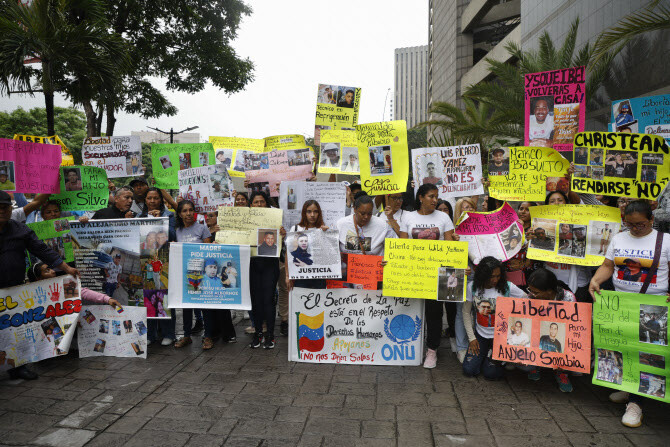
WASHINGTON D.C. – In a move poised to trigger mass deportations, the U.S. Supreme Court on Friday delivered a significant victory to the Donald Trump administration, effectively allowing it to revoke temporary legal protections for over 500,000 immigrants from Cuba, Haiti, Nicaragua, and Venezuela. This decision immediately exposes these individuals to the threat of removal, despite ongoing legal challenges.
The ruling, which came without a detailed explanation from the majority, overturns a lower court order that had preserved the humanitarian parole protections granted to these migrants. These protections, initially established by the Biden administration, allowed individuals fleeing instability and humanitarian crises in their home countries to legally reside and work in the United States for two-year periods, provided they had a U.S. financial sponsor.
This latest development follows a similar Supreme Court decision on May 19, which also cleared the path for the Trump administration to terminate Temporary Protected Status (TPS) for approximately 350,000 Venezuelans. Taken together, these rulings put nearly a million individuals, many of whom have integrated into American communities, at imminent risk of deportation.
The Department of Justice, representing the Trump administration, argued that these protections were always intended to be temporary and that the Department of Homeland Security possesses the inherent authority to revoke them without judicial interference. The administration has consistently maintained that these programs are not in line with current immigration law and national interest.
However, the Supreme Court's decision drew sharp criticism from dissenting justices and immigrant advocacy groups. Justice Ketanji Brown Jackson, in a forceful dissent joined by Justice Sonia Sotomayor, warned that the ruling would "have the lives of half a million migrants unravel all around us before the courts decide their legal claims." She emphasized that the lower courts had found "irreparable harm" would befall these individuals if the protections were lifted, and that the government had failed to demonstrate any equivalent harm if the injunction remained.
Karen Tumlin, founder and director of the Justice Action Center, unequivocally condemned the ruling. "This decision has effectively greenlit deportation orders for an estimated half-million people, the largest such de-legalization in the modern era," Tumlin stated. "I cannot overstate how devastating this is. The court has allowed the Trump Administration to unleash widespread chaos, not just for our clients and class members, but for their families, their workplaces, and their communities."
The legal battle is far from over. The case has been remanded to the U.S. Court of Appeals for the First Circuit in Boston, where the merits of the administration's actions will be further deliberated. However, the immediate consequence of the Supreme Court's order is that the protections will not remain in place while the lower courts continue to hear the case, leaving hundreds of thousands in a precarious legal limbo.
The revocation of these humanitarian parole programs marks the first-ever mass termination of such protections, raising profound concerns among legal experts and human rights organizations. Immigrant advocates argue that individuals who entered the U.S. through these programs did so legally, following established governmental processes, and that upending their status will lead to immense suffering and instability.
The wider implications of this ruling extend beyond the immediate affected population, potentially signaling a broader shift in the U.S. approach to immigration, with a strong emphasis on expedited removals and curtailed humanitarian safeguards. As protests continue, exemplified by the recent demonstration in Caracas by families of Venezuelan migrants forcibly transferred to Salvadoran prisons, the human cost of these policy changes remains a central and deeply concerning issue. The future of these nearly one million individuals, who sought refuge and built new lives in the United States, now hangs in the balance, subject to the ongoing legal proceedings and the shifting landscape of U.S. immigration policy.
[Copyright (c) Global Economic Times. All Rights Reserved.]




























